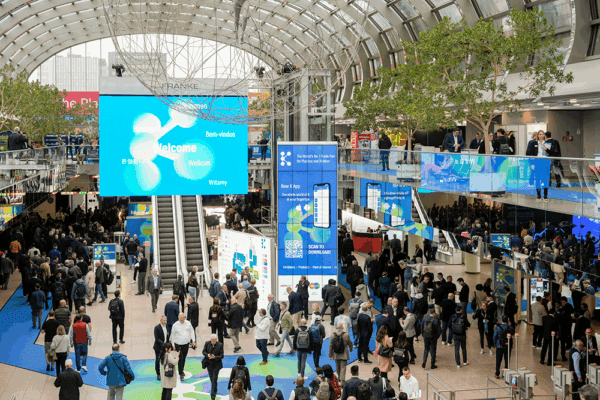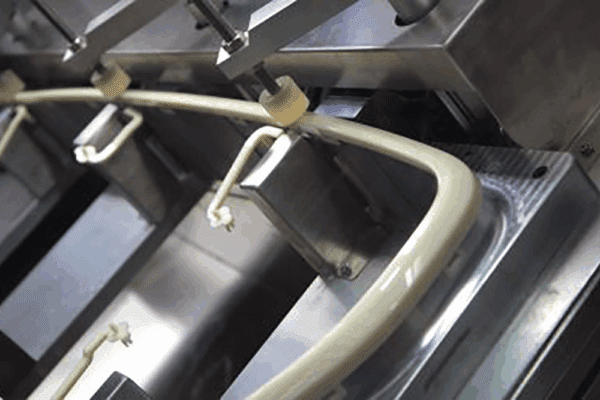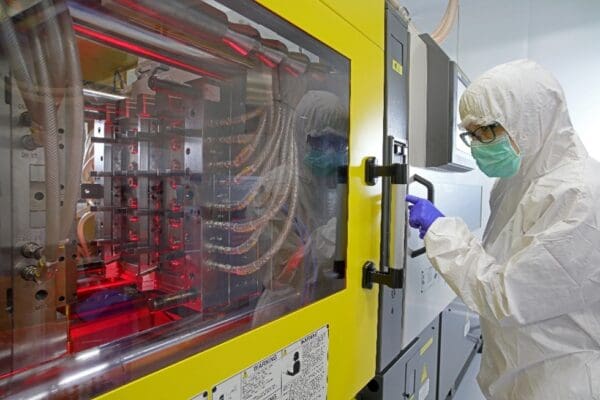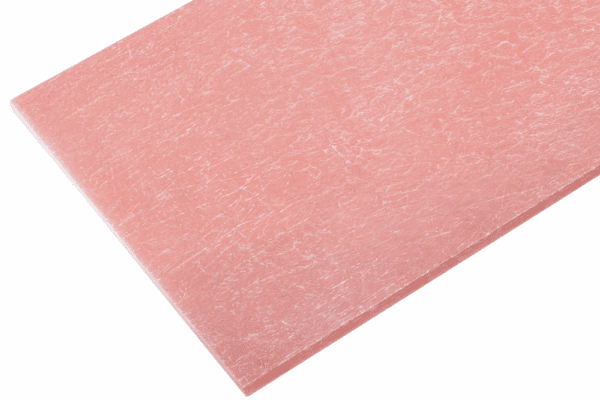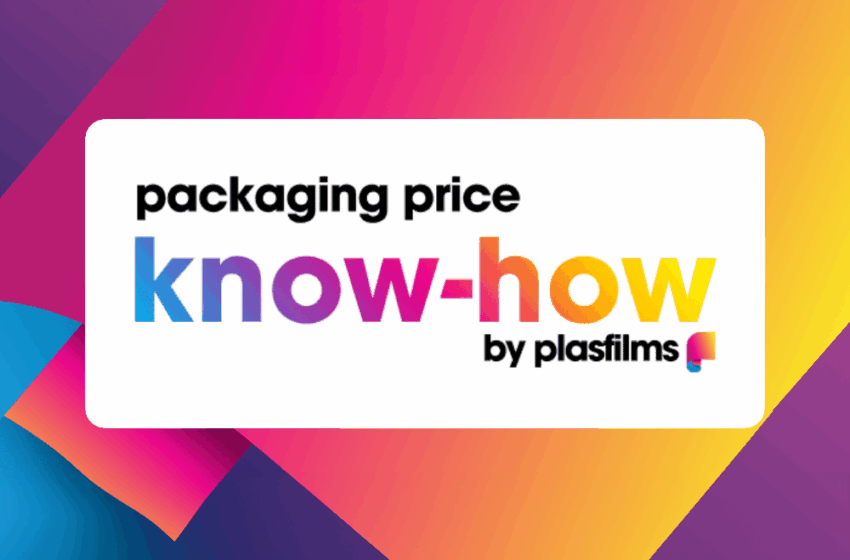
Plasfilm’s Packaging Price Know-How: June 2025
|
Getting your Trinity Audio player ready...
|
With crude oil prices at a four-year low, the polymer market faces continued pressure, impacting BOPP and PET film pricing. As supply chain shifts and tariff changes shape demand, Plasfilms’, part of the Plastribution Group, provides critical insight into market trends, helping businesses navigate pricing fluctuations and sustainable material choices.
Crude Oil prices, a key indicator of global economic confidence, have recently fallen to a 4-year low as concerns continue about President Trump’s US import tariff policies. Most monomer prices fell by a greater extent.
The reaction to falling feedstock costs has been slightly muted in terms of polymer prices, but the downward pressure continues.
The impacts of a limited agreement between the UK and the US, along with a major de-escalation of the tariff war between China and the US, are yet to be seen, but consumer confidence has been dented and will not recover easily.
Many converters of standard polymers appear to be contemplating the opportunity to secure low-value stocks before a turnaround in market conditions. Polymer producers appear to be choking output rates due to operating losses, high stock levels and poor demand. It may still take some time for market conditions to become more favourable due to the abundance of products and weak economic sentiment.
The packaging market has seen similar downward pressures, and prices for both BOPP and PET film are now at the lowest levels we have seen in the previous 5 years. However, the recent fire at the Jindal plant in India has started to have some immediate impact on pricing levels for both BOPP and PET, especially for manufacturers based in that country. Therefore, we will have to wait and see if this will be a temporary spike or something longer-term.
Packaging Materials
Following the reductions in the polymer markets, this in turn has had a major impact on the BOPP packaging market and has seen similar reductions in prices since the beginning of the year. More so in May, where we saw some relatively big BOPP price falls from both a quieter Europe and the Far East, as the above initial tariff policies had a direct impact on potential overseas purchases.
PET
There has been a definite subdued interest in PET as demand has weakened over the last few months. This has affected pricing for standard Chem and Corona PET, and in some cases, reductions were seen in the region of 10% to 15% on the previous month.
It seems evident that suppliers wish to try and kick-start sales of PET film, but with demand still very weak and the continued effect of this spiral in pricing, there is every chance we could see even lower prices over the coming months.
BOPP / CPP
The decreases seen in the C3 (Propylene) monomer contract pricing for May have been passed along the supply chain. BOPP and CPP film suppliers have all decreased their prices in line with the falls seen this month.
Over the last few months, material demand for orders has again shifted to the Far East due to the recent trade tariff situation between the USA and China. And very competitive prices have become available due to trade being switched to other territories. However, there is some evidence that Far Eastern lead times have seen their manufacturing and shipping times extended, some upwards of 14 weeks+. Europe, in turn, has been able to offer quicker lead times as its European demand has reduced, but balanced with slightly higher prices.
Sustainable Films
Demand for rPET (PCR) has certainly flattened during the first half of this year, due mainly to the lower prices being offered for virgin PET materials. And although PCR PET materials are being offered by more manufacturers, the difference in prices between the ‘added PCR raw material cost’ as a % of the overall rPET price is relatively high in comparison to the Plastics Packaging Tax.
We are starting to see a few more suppliers begin to offer PCR OPP materials, some small and limited volumes offered as a straightforward recycled material added to virgin BOPP, and others offered as part of their ISCC+ certification, offset against virgin BOPP supplies.
The UK Plastic Packaging Tax now includes the chemical recycling of plastics, but also the use of a mass balance approach, and allows for accounting for chemically recycled plastic.
Read more on Plasfilms here.
Plasfilms
01530 561962
Website
Email

